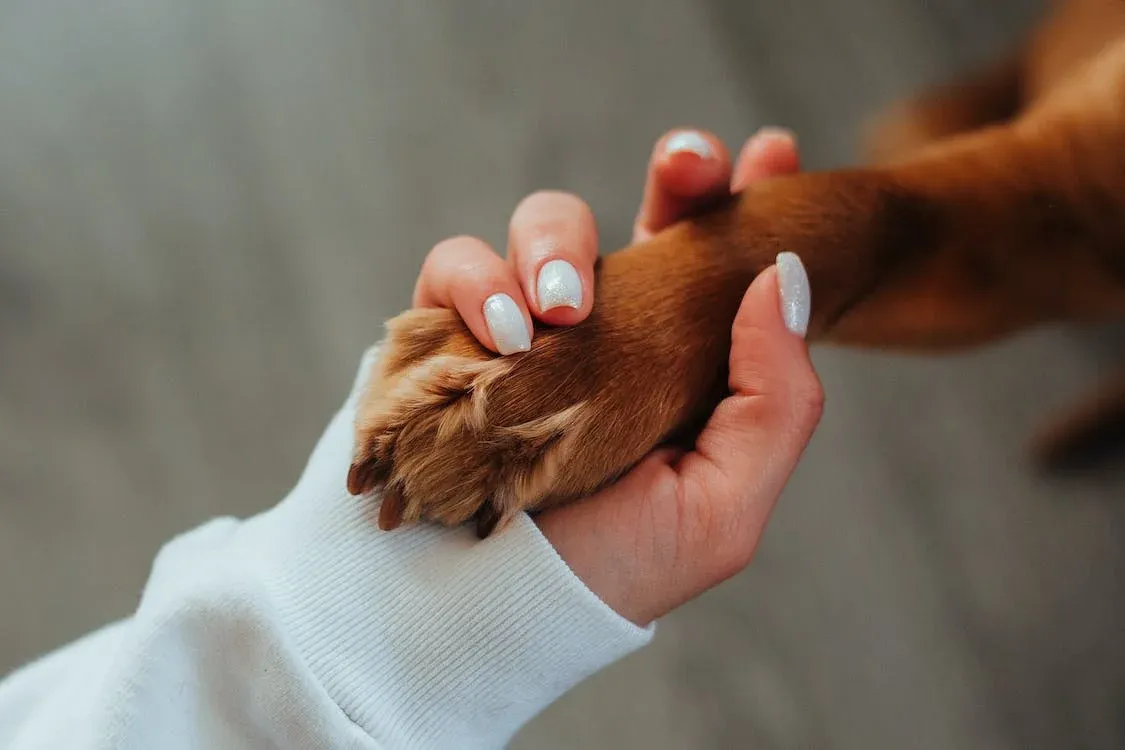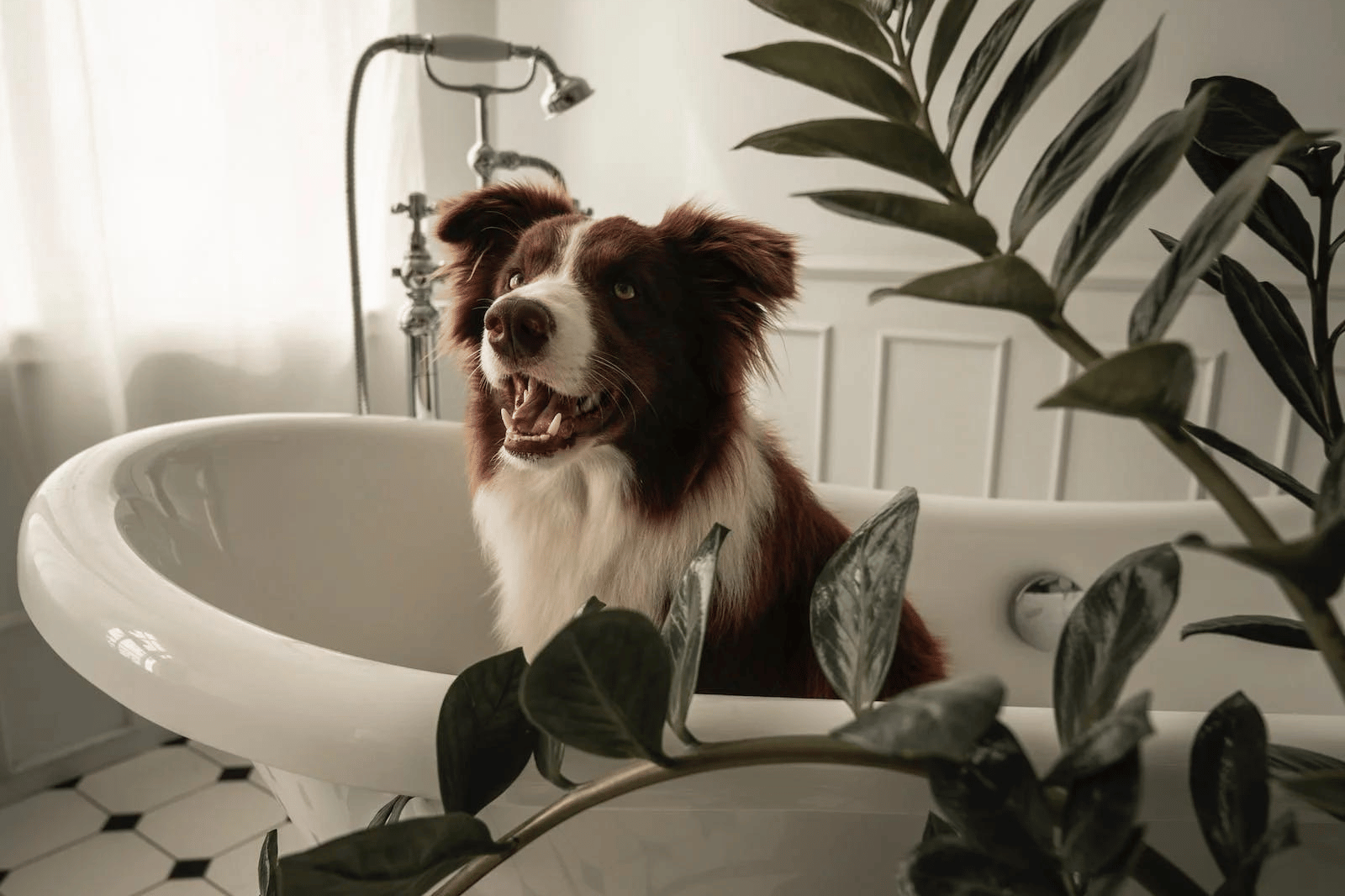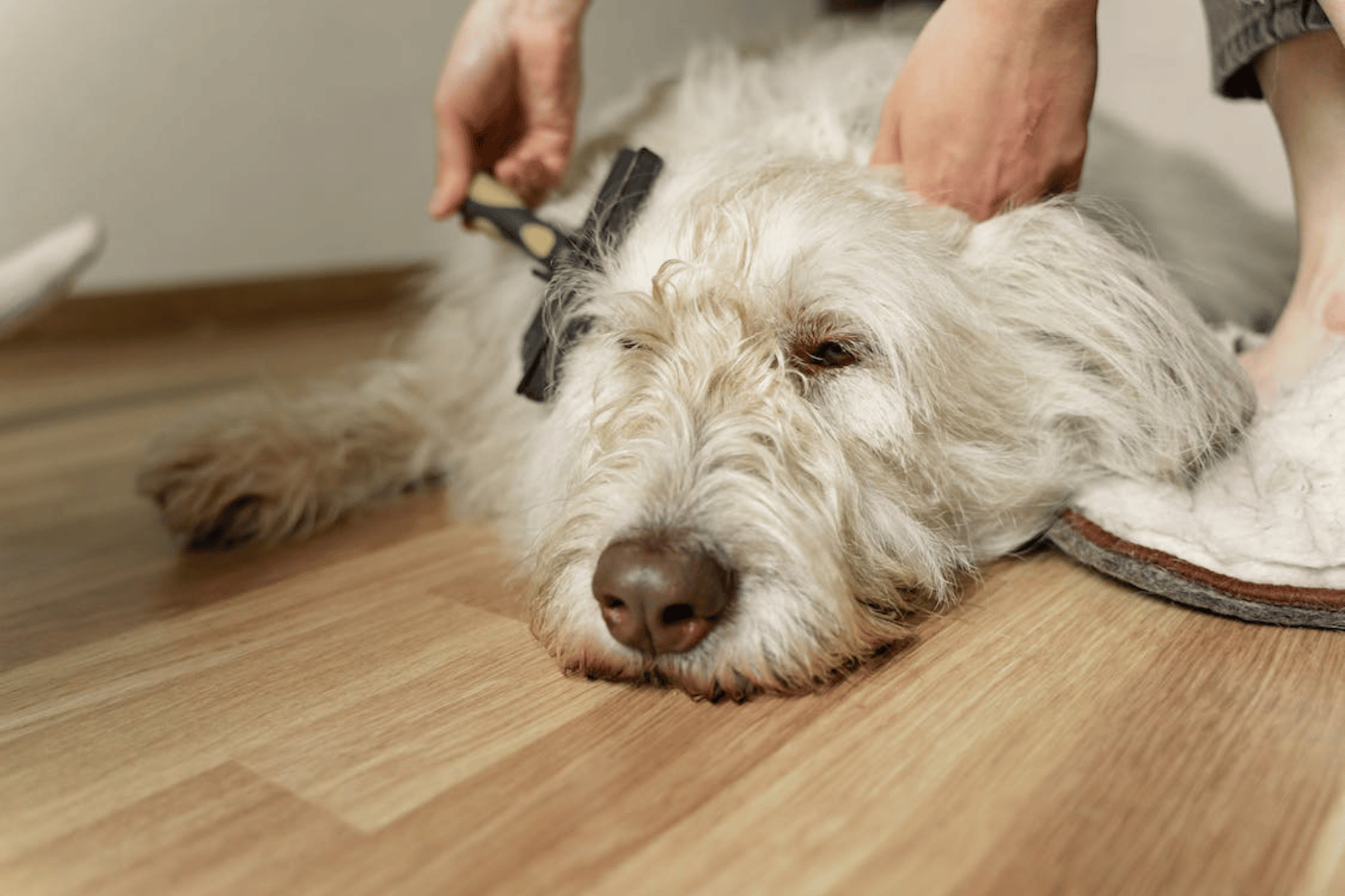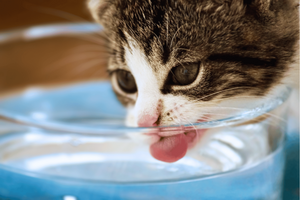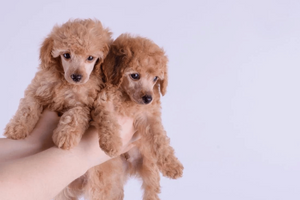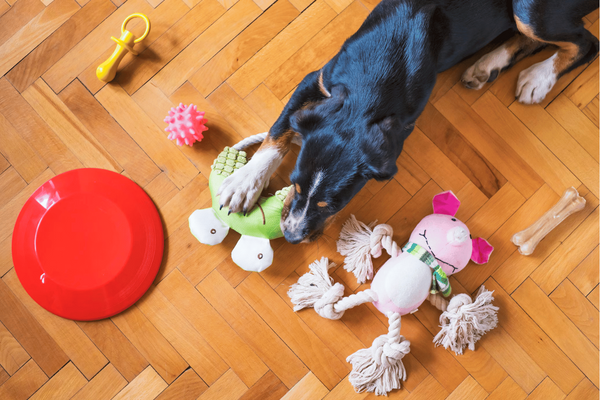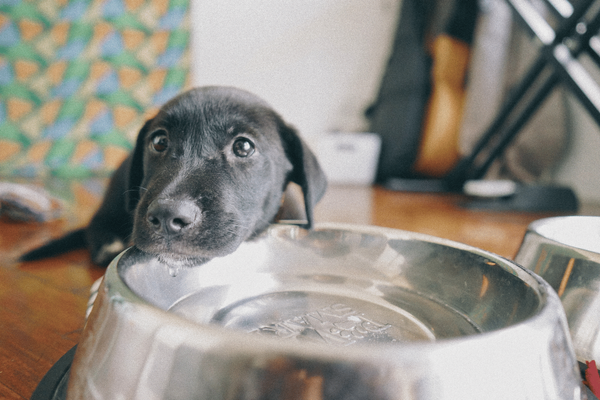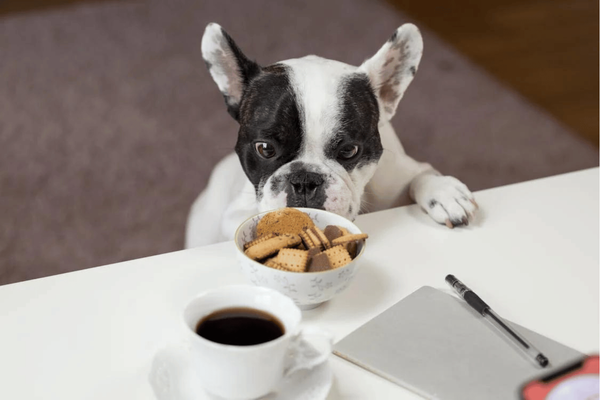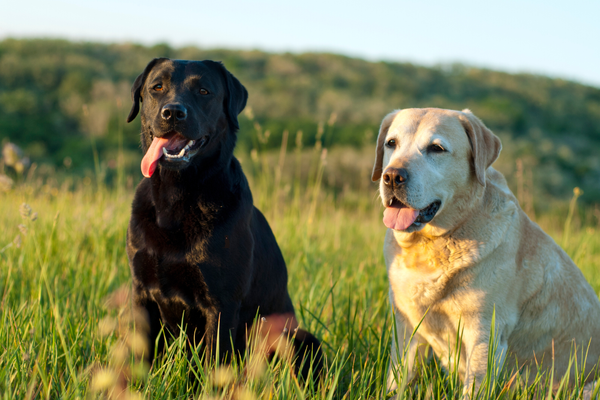Are you a new owner of a double-coated dog? Congratulations on welcoming a furry friend into your life! While it's an exciting journey, taking care of a double-coated dog can present some challenges. Imagine being in my shoes as a first-time double-coated dog owner – the adorable furball's presence lights up your life.
The shedding, matting, and temperature concerns can leave you feeling overwhelmed. But don't fret! In this guide, we'll explore what not to do with your double-coated companion and provide you with valuable tips to ensure their well-being while keeping your home and sanity intact.
1. Do Not Shave Your Dog
Shaving a double-coated dog is a practice that should be avoided. According to the AKC, double-coated breeds, such as Siberian Huskies, Samoyeds, and Malamutes, have a unique coat structure that acts as natural insulation. Shaving these dogs disrupts their ability to regulate their body temperature. When you remove the outer guard hairs, you expose the sensitive undercoat to harsh sunlight and extreme temperatures, making it more susceptible to sunburn and overheating in the summer and cold in the winter.
Additionally, shaving can lead to long-term damage to the dog's coat. It may affect the regrowth of the fur, causing it to become uneven, patchy, or even permanently altered. This makes it crucial to embrace proper grooming practices like regular brushing and seasonal shedding management, rather than resorting to shaving, to ensure the health and comfort of your double-coated companion.
2. Do Not Remove the Undercoat
Removing the undercoat of a double-coated dog is a practice that should be avoided for several important reasons. Double-coated breeds, such as German Shepherds, Chow Chows, and Pomeranians, have a dense undercoat that serves a vital role in their overall well-being.
First and foremost, the undercoat acts as a natural insulator, helping the dog stay warm in the cold and cool in the heat. Removing it can disrupt their ability to regulate body temperature, leading to discomfort and potential health issues.
Furthermore, the undercoat protects against skin damage and sunburn. It acts as a barrier against harmful UV rays, preventing direct exposure to the skin. If you remove this protective layer, your dog becomes vulnerable to sunburn and skin-related problems.
Another essential factor to consider is that the undercoat is an integral part of the dog's coat health. Removing it can lead to uneven regrowth, making the dog's coat appear patchy or altering its texture permanently. This can affect the aesthetics and functionality of the coat, making it less effective in repelling dirt and water.
3. Do Not Bathe Your Dog Too Often
Bathing your double-coated dog too often is a practice to avoid, and here's why. Overbathing can strip the natural oils from their coat and skin, leading to dryness and irritation. Double-coated breeds, like the Great Pyrenees and Bernese Mountain Dogs, have an intricate balance of oils that help insulate their fur and protect their skin. When you bathe them excessively, you disrupt this balance, making their coat less effective at repelling water and dirt.
Moreover, frequent bathing can lead to increased shedding, as the body tries to compensate for the loss of natural oils. To maintain a healthy coat, it's essential to bathe double-coated dogs only when necessary and use a dog-specific, mild shampoo to preserve the integrity of their fur and skin.
4. Do Not Use Clippers On Your Dog
Using clippers on your double-coated dog is generally discouraged. Double-coated breeds like Shetland Sheepdogs and Collies have a unique coat structure with two layers, the guard hairs and the insulating undercoat. When clippers are employed, it disrupts this balance, potentially damaging the coat.
Clipping can lead to uneven regrowth and alter the texture, making the coat less effective at regulating temperature and repelling dirt and water. Furthermore, it can expose the dog to sunburn, as the guard hairs provide essential protection against harmful UV rays.
The best practice for grooming double-coated dogs is regular brushing and, when necessary, using scissors for trimming. This maintains the coat's integrity and ensures your furry friend stays comfortable and healthy.
5. Do Not Ignore Shedding
Ignoring shedding in a double-coated dog is something you should avoid. Double-coated breeds, like the Alaskan Malamute and Bernese Mountain Dog, naturally shed their fur, especially during seasonal changes. If shedding is neglected, it can lead to a range of problems.
Firstly, excessive shedding can result in matting and tangling of the fur, which is uncomfortable for your dog and may even lead to skin issues. Additionally, ignoring shedding can cause an accumulation of loose fur in your home, leading to hygiene issues and potential allergies for you and your family.
To prevent these problems, it's crucial to regularly brush your double-coated dog, especially during shedding seasons, to remove loose fur and keep their coat healthy and your living space clean.
6. Do Not Use a Hair Dryer On High Heat
Using a hair dryer on high heat for your double-coated dog is not recommended, and here's why. Double-coated breeds, such as the Akita and Samoyed, have sensitive skin that can be easily damaged by excessive heat. When high-heat blow-drying is applied, it can lead to burns, dryness, and irritation on the skin.
Moreover, it can cause the undercoat to become brittle and prone to breakage, disrupting the insulating function of their fur. Double-coated dogs are better suited to air drying or using a dryer in a cool or low-heat setting. This way, you can ensure your dog's comfort, skin health, and the integrity of their coat while keeping them looking their best.
7. Do Not Use Human Shampoo On Your Dog
Using human shampoo on your dog is not advisable. Human shampoos are formulated for the pH balance of our skin, which differs significantly from that of dogs. According to the American Kennel Club, pH level of a dog's skin is more neutral, while human shampoos are typically more acidic. Using human shampoo can disrupt the natural balance of your dog's skin, potentially leading to dryness, irritation, and discomfort.
Furthermore, human shampoos may contain fragrances and chemicals that can be harsh on a dog's sensitive skin and coat, potentially causing allergic reactions or skin issues. To ensure your dog's skin and coat health, it's essential to use a dog-specific shampoo designed to meet their specific needs and maintain their well-being.
8. Do Not Use Flea and Tick Products Without Consulting Your Vet
Using flea and tick products on your dog without consulting your vet is a practice to avoid, and here's why. These products contain chemicals designed to eliminate pests, and their safety and effectiveness can vary depending on your dog's breed, age, size, and overall health.
Using the wrong product or an incorrect dosage can lead to adverse reactions, including skin irritation, allergic responses, and even poisoning. In some cases, using such products without guidance may not adequately protect your dog from pests, leaving them vulnerable to infestations and related diseases.
Consulting your vet ensures that you choose the right product, apply it correctly, and safeguard your dog's well-being.
9. Do Not Leave Your Dog Outside in Extreme Weather Conditions
Leaving your dog outside in extreme weather conditions is a practice that should be avoided, and here's why. Dogs, especially double-coated breeds like the Newfoundland or Saint Bernard, are equipped to handle a range of temperatures, but extreme weather poses significant risks.
In hot weather, your dog can suffer from heatstroke, dehydration, and paw pad burns due to scorching pavement. In cold weather, they can experience frostbite, hypothermia, and discomfort.
The factors behind this are a dog's limited ability to regulate body temperature and the sensitivity of their paws to extreme surfaces. Always prioritise your dog's safety by keeping them indoors during severe weather conditions, ensuring their comfort, health, and well-being.
10. Do Not Neglect Regular Grooming
Neglecting regular grooming for your dog is not recommended, and here's why. Grooming is essential for double-coated breeds, like the Border Collie or the Chow Chow, to maintain their coat health and overall well-being. When grooming is overlooked, several problems can arise.
First, the dog's coat can become matted and tangled, leading to discomfort and skin issues. Neglecting grooming can also result in excessive shedding, causing a mess in your home and potential allergies. Furthermore, a lack of regular grooming can lead to the development of parasites or skin infections.
So With That Being Said…
Caring for a double-coated dog is a rewarding experience, but it comes with its own set of responsibilities. To ensure the health and happiness of your furry companion, avoid practices like shaving, using human products, ignoring shedding, and leaving them outside in extreme conditions. Regular grooming and consulting your vet for specific needs are crucial. If you ever need more guidance or have questions about caring for your double-coated dog, feel free to reach out to pet care professionals or your veterinarian. Remember, your pet's well-being is of utmost importance.
